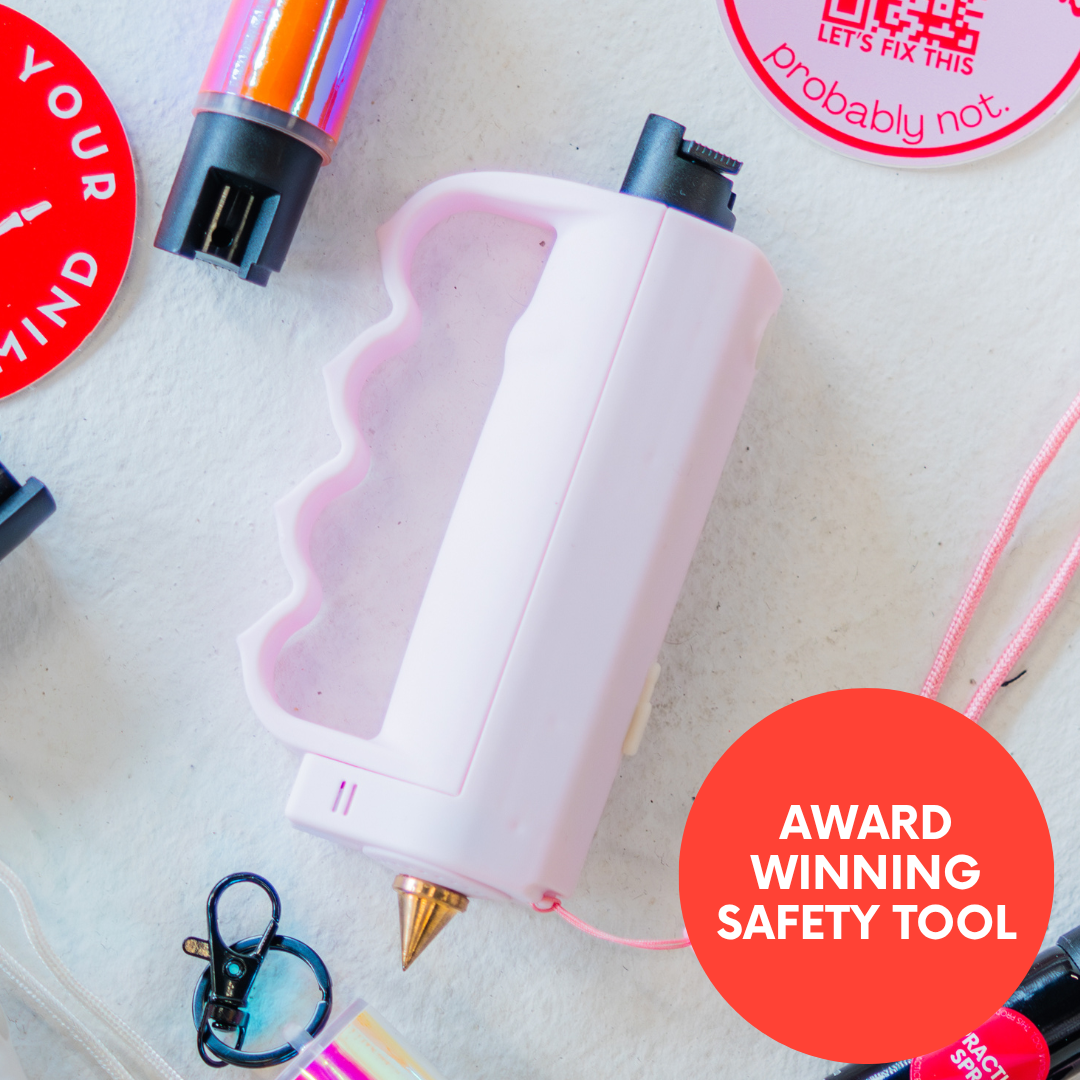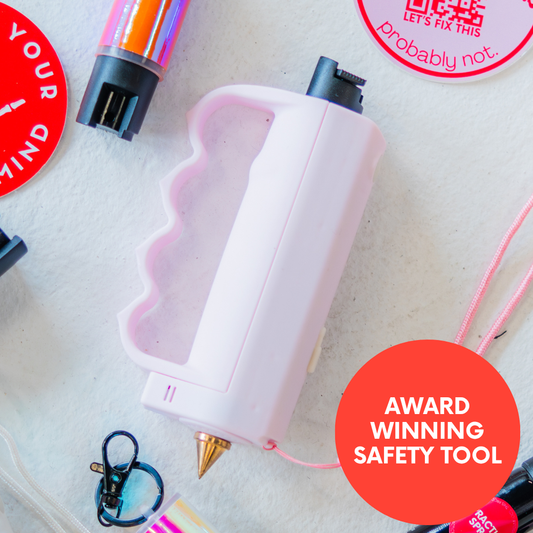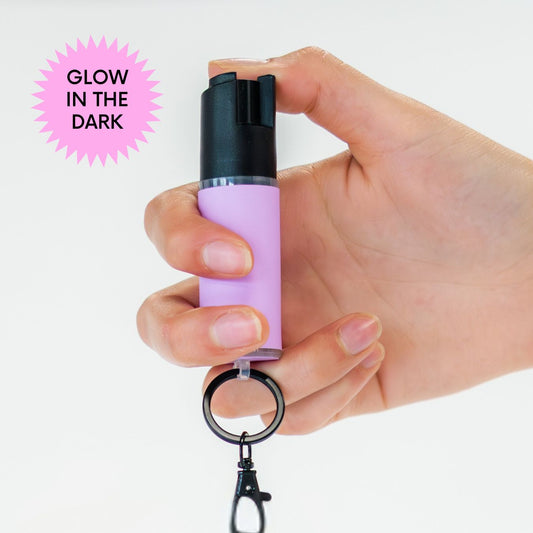Saying “no” can be tough.
Whether it’s turning down a last-minute invite, declining a favor, or just speaking up when something doesn’t sit right with you, the pressure to say “yes” can be real.
But learning to say “no” isn’t just about avoiding things you don’t want to do—it’s about protecting your time, energy, and well-being.
So, let’s chat about how and when to say no, so you can set healthy boundaries and feel confident in your choices.
Why Saying No Matters
First things first: saying no doesn’t make you rude, selfish, or uncaring. In fact, it’s quite the opposite.
Saying no when you need to is a form of self-care and respect for your own limits.
It allows you to prioritize what’s important to you, and it sets the tone for how others should treat you. Plus, it’s empowering to know that you’re in control of your own decisions and actions.
How to Say No Without Feeling Guilty
If you’re like most people, saying no might make you feel guilty or uncomfortable.
But guess what? It’s okay to put yourself first sometimes!
Here are some ways to say no gracefully and confidently:
1. Keep It Simple
You don’t have to over-explain or come up with elaborate excuses.
A simple, “I’m not able to do that right now” or “I have other commitments” is enough.
Keeping it straightforward and polite lets you set your boundary without getting caught up in feeling like you have to justify your decision.
Pro tip: Practice saying no in the mirror or with a friend. The more you practice, the more natural it will feel.
2. Offer an Alternative (If You Want To)
If you genuinely want to help but can’t commit to what’s being asked, offer an alternative.
For example, “I can’t do that today, but I can help you out next week.” This shows that you’re still supportive, but on your own terms.
Pro tip: Only offer an alternative if it feels right for you. Don’t feel obligated to find another way to say yes if it’s not something you can or want to do.
3. Be Honest (but Kind)
Honesty is key, but it doesn’t mean you have to be blunt or harsh.
If you’re feeling overwhelmed, it’s okay to say, “I’m really stretched thin right now, so I can’t take on anything else.”
People will appreciate your honesty and may even respect you more for standing by your limits.
Pro tip: Use “I” statements to keep the focus on your needs, like “I’m not comfortable with that” instead of “You’re asking too much.”
4. Use “No” as a Complete Sentence
Sometimes, all you need is a firm, confident “no.”
No explanations, no apologies—just no.
It might feel awkward at first, but it’s a powerful way to take control and set your boundary clearly.
Remember, “no” is a complete sentence, and it’s perfectly okay to use it.
Pro tip: If you’re feeling pressured, take a deep breath and repeat your “no.” Sticking to your answer shows that you’re serious about your boundaries.
When to Say No: Knowing Your Limits
Knowing when to say no starts with understanding your own limits.
Here are some common scenarios where saying no might be the best choice:
1. When You’re Feeling Overwhelmed
We’ve all been there—your plate is already full, and someone asks for just “one more thing.”
It’s okay to say no when you’re feeling overwhelmed or stressed. Your mental health and well-being come first.
Pro tip: Try keeping a personal checklist of your commitments. If adding one more thing feels like too much, it’s a sign to say no.
2. When Something Feels Unsafe or Uncomfortable
Whether it’s a social situation, a request from a friend, or even something at work or school, if something doesn’t feel right, trust your gut.
Saying no in these situations can help protect your safety and peace of mind.
Pro tip: Practice phrases like, “I’m not comfortable with that,” or, “This isn’t for me.” It’s okay to prioritize your comfort and safety.
3. When It Doesn’t Align with Your Goals or Values
Sometimes, saying yes can pull you away from what really matters to you.
If a request doesn’t align with your goals, values, or priorities, it’s perfectly fine to say no.
This keeps you focused on what’s important and helps you stay true to yourself.
Pro tip: Reflect on your personal values and goals regularly. Knowing what you stand for makes it easier to say no to things that don’t fit.
4. When You Need Time for Yourself
Self-care isn’t selfish—it’s essential.
If you need time to recharge, rest, or just have some alone time, don’t be afraid to say no to social plans or extra commitments.
Taking care of yourself makes you better equipped to handle everything else.
Pro tip: Schedule “me time” in your calendar like you would any other commitment. This makes it easier to say no to other things because you’ve already prioritized time for yourself.
Final Thoughts: Embrace the Power of No
Saying no doesn’t mean you’re letting people down or missing out—it means you’re putting yourself first and respecting your own needs.
It’s a form of self-respect that helps you create healthy boundaries and manage your time and energy wisely.
Remember, it’s not just about saying no—it’s about embracing the power of choice. You have every right to decide what’s best for you, and that includes saying no whenever you need to.
So go ahead, set those boundaries, and say yes to putting yourself first!






